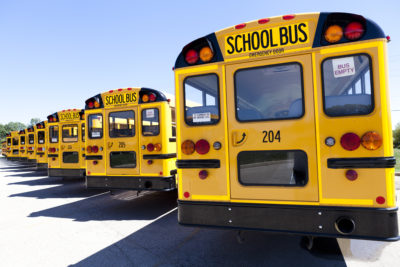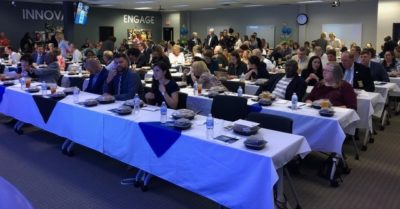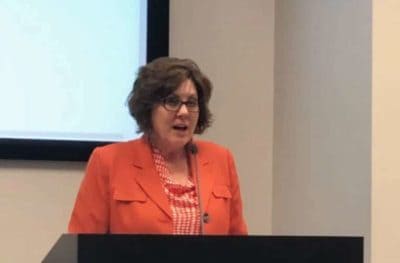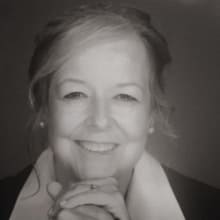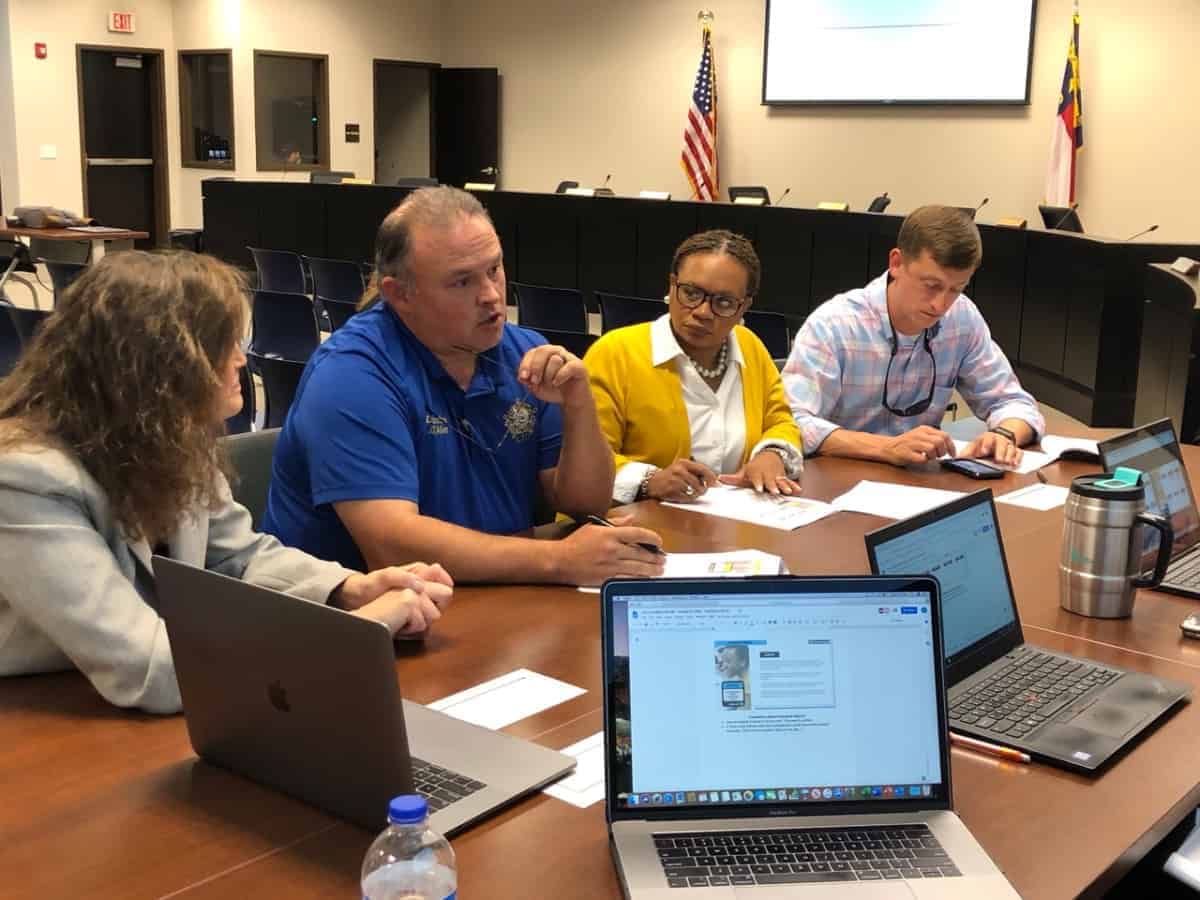
The state’s renewal school system will no longer be measured only by testing, but by a collection of measures designed by teachers, counselors, and administrators.
At a recent school board meeting, the Rowan-Salisbury School System (RSS) released its preliminary accountability model. With the opening vision statement of “children are more than their test scores,” RSS has developed a multi-tiered system to measure the development of the whole student. The accountability model will be introduced to the community for feedback over the next two weeks.
The school system is designated as a renewal school system, which provides charter-like flexibility to all its schools. The accountability model builds on the district’s original renewal directional system with its three components: academic skills, interpersonal skills, and unique life goals. Educators developed multiple ways to measure progress or mastery of all three.
Some measures will be implemented this year, some within two to three years, and some beyond three years. Those with the most imminent implementation contained the most detail for the school board this week.
School board members participated in an interactive exploration of the measures. Teams visited stations where administrators explained each of the measures, why the measures are relevant, and how the measures will be documented.
There are five measures for accountability of academic skills: teacher evaluation; evidence of real-life application; English and math fundamental standards assessments; science and social studies fundamental standards assessments; and competency-based standards reports.
Last month, the district rolled out its fundamental standards in English and math, a subset of the state Department of Education’s Standard Course of Study. Teachers across the district met over time to identify which of those standards should require mastery. The fundamental standards for science and social studies will be revealed later this fall. Teachers will focus on fundamental standards and may teach other standards, though less intently. Students are expected to master the fundamental standards.
Work on unique life goals will start in kindergarten and progress through graduation so that every student will be enrolled in higher education, enlisted in armed services, or employed with meaningful work after graduation.
Kindergartners will start with identifying activities they enjoy. As they mature, the list will evolve and change. By high school, the list should narrow to career options. From kindergarten forward, all interests will be logged into the students’ digital portfolios. Along the way, students can earn badges in interest areas and log the badges in their portfolios. Once they’re in high school, students can send links to components of their portfolio to potential employers. A future goal is for all students to have opportunities to intern or shadow jobs in which they have interest.
The district has identified seven primary interpersonal skills that every student is expected to develop in the renewal school system: creativity, leadership, teamwork, civility, work ethic, communication, and problem solving. Students will participate in reflection surveys twice a year and parents will receive reports that include suggestions for student growth. Next year, the district plans to release rubrics for each of the skill sets.
Staff will work with focus groups and the school board over the next two weeks to identify any possible issues with the accountability model. They’ll address the most salient issues and bring the model back to the school board at their next meeting for a vote.
In other business, district Chief Financial Officer Carol Herndon presented the issue of financial repurposing. Under renewal, principals have new financial freedom they haven’t had before. Herndon laid out the premise that principals can re-use money saved in their budgets from lapsed salaries for additional staff, professional development, or new programs. A lapsed salary is defined as the financial savings starting when a position was vacated to the time it is filled.
Herndon did, however, reserve 10% of all lapsed salaries for contribution to the district’s fund balance. Principals can realize 90% of lapsed salaries for renewal efforts.
Three principals gave short presentations on how they have used financial repurposing in their schools with Herndon’s approval.
Luke Brown, principal of Salisbury High School, shared how he discovered many students were unable to attend school during the traditional school day due to childcare issues or having to work to help their parents support the family. With a longtime position open, he met with his teacher-led design team and proposed a night school program for these students.
With the approval of that design team, he met with Herndon and gained approval to re-purpose the funds from the lapsed salaries. Brown said over 30 students participated in the night school program and he knew of at least three students who were able to walk across the stage at graduation solely because of the program. Other participants were underclassmen. Brown also created a therapy room and a private meeting room for his students who receive services from outside agencies.
Shonda Hairston, the district’s principal of the year, identified her school, Knollwood Elementary School, as a high-needs school. Many students have never traveled outside of the county, and this lack of experience can cause them to be on unequal footing with their peers as they progress to middle and high school. Hairston re-purposed lapsed salaries to provide excursions for every grade level.
Kindergartners have more simple excursions, like going fishing for a day, while upper grades travel to the mountains or beach for day-long or overnight excursions. Hairston cited a participation rate of over 90%. Culturally, she said Hispanic parents may be protective of their children and not allow them to go, but as parents participate as chaperones and word gets back about safety, participation is increasing.
Marvin Moore, principal of Isenberg Elementary, re-purposed funds for additional professional development for his staff. Isenberg was approved last fall as a global school, offering dual-language immersion. Because of the high needs of the mostly lower-income students, Isenberg has high staff turnover due to burnout, Moore said. Eight teachers are performing additional duties with their global training, and Moore hopes to pay them more than the standard $400 stipend for additional duties by making use of re-purposed funds.
School board members discussed the repurposing concept at length before taking a vote. A motion to change the funds reserved for the fund balance to 20% failed 2-5. A motion to pass the measure as presented, with 10% of the lapsed salaries reserved for fund balance, passed with a 4-3 vote.
Recommended reading
